
Carlsbad Caverns National Park met the unlikely villain: Cheetos!
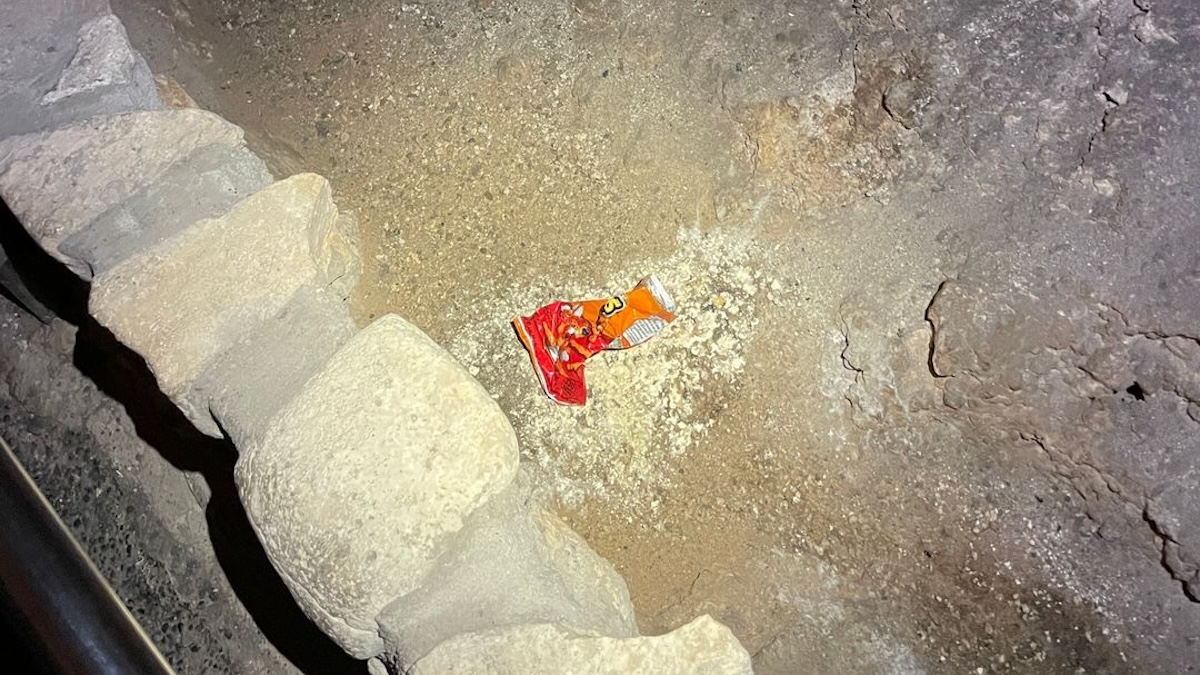
Cheetos: the bright orange, artificially flavored snack that leaves your fingers coated in a dust that seems impossible to wipe off. While humans love their cheesy goodness, nature? Not so much. In the controlled environment of a cave, where ecosystems are delicately balanced, an outsider like a bag of processed food can set off a chain reaction with unexpected consequences.
The Domino Effect of a Dropped Snack
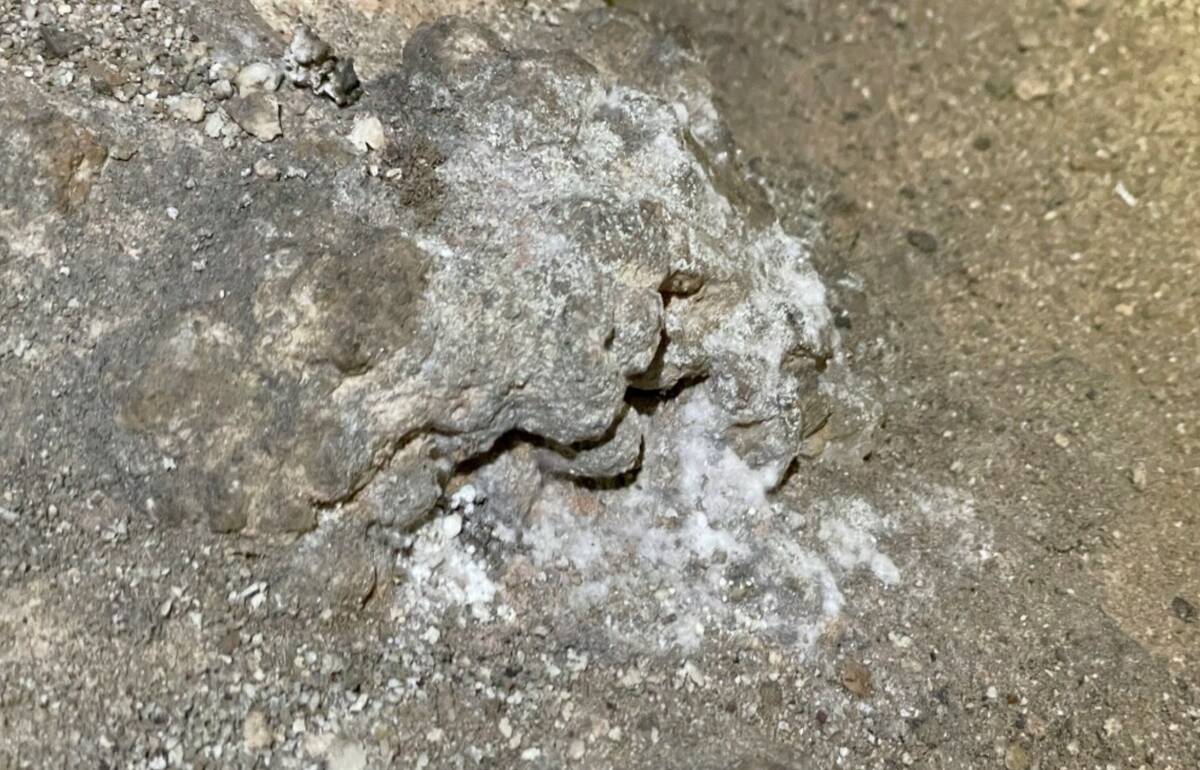
Here’s what happened: The tourist in question, either unaware or unconcerned with park regulations, brought a bag of Cheetos into Carlsbad Caverns, a protected cave system known for its fragile ecosystem. At some point during their visit, they either accidentally or carelessly dropped the bag, and it split open, scattering cheese-dusted crumbs across the cave floor.
Caves, unlike above-ground environments, have extremely limited food sources. Most life inside them has adapted to survive on scarce nutrients. When those Cheetos hit the cave floor, it was like throwing a buffet into an empty restaurant – except this buffet wasn’t meant to be there. The unnatural introduction of a high-calorie, processed food triggered a miniature ecological upheaval.
A Microbial Explosion
In the high-humidity conditions of the cave, the moisture softened the Cheetos crumbs almost immediately. This created the perfect breeding ground for fungi and bacteria. Cheetos, packed with preservatives and artificial ingredients, shouldn’t be particularly hospitable to microbes – but caves are resourceful. The native fungi and bacteria, typically surviving on minuscule organic deposits, suddenly found themselves feasting on a windfall of unnatural sustenance.
Park rangers who later investigated the incident reported visible fungal growth around the spill site within hours. In an environment where changes take thousands of years to unfold, a microbial explosion within a single day is equivalent to a natural disaster.
The Cave’s Inhabitants Take Notice
Enter the cave’s insect population. Carlsbad Caverns is home to a variety of tiny creatures, including cave crickets, mites, spiders, and flies. These insects rely on a delicate balance of organic material, primarily bat guano and microscopic detritus, to sustain their populations.
But with the sudden introduction of a foreign, calorie-dense food source, things changed dramatically. The crickets, usually scavengers of minuscule debris, flocked to the Cheetos. This in turn attracted their predators – spiders and other insects – creating an artificial spike in cave activity. A sudden food surplus in an environment designed for scarcity can be catastrophic.
An overpopulation of crickets leads to an overpopulation of their predators, which eventually leads to a sharp decline once the food source disappears, throwing the entire ecosystem into a chaotic imbalance.
The Rangers Step In
By the time park rangers discovered the Cheetos spill, it was already causing problems. Fungal growth had spread beyond the immediate spill area, and an unusual clustering of cave crickets had been noted. The cleanup wasn’t as simple as sweeping up the crumbs—rangers had to carefully extract both the snack and any fungal spores it had encouraged.
It took over 20 minutes of delicate scraping, vacuuming, and decontaminating to ensure that the cave’s microbial balance wasn’t permanently altered. While this might seem excessive for a simple bag of chips, in the world of cave conservation, small disturbances can have outsized consequences.
Why Caves Are So Sensitive
To understand why this was such a big deal, let’s take a quick dive into cave ecology. Unlike forests, rivers, or grasslands, caves operate on an extreme scarcity model. Food is limited. Light is nonexistent. Water is often isolated. Every organism that thrives in this environment has evolved to do so under extreme conditions.
A minor disruption, such as a human bringing in a foreign substance, can ripple outward and destabilize the entire system. This is why caves have such strict regulations – why you’re told not to bring in food, not to touch formations, and not to leave anything behind.
The Rules Exist for a Reason
Carlsbad Caverns, like many other protected cave systems, has a strict policy: visitors may bring only water into the caves – no food, no gum, no flavored drinks. The reason is simple. Even the smallest, seemingly harmless human impact can alter the cave environment in irreversible ways.
Unfortunately, the tourist responsible for the Cheetos spill either didn’t know or didn’t care about these rules. Their careless action forced rangers to intervene and highlighted just how fragile and reactive cave ecosystems can be.
The Bigger Picture: A Lesson in Conservation
This incident, bizarre as it may seem, serves as a stark reminder of how human activity – no matter how small – can disrupt natural environments. We often think of ecological destruction in broad strokes: deforestation, pollution, climate change. But sometimes, all it takes is a single person and a single bag of snack food.
If a handful of processed cheese dust can trigger a chain reaction in a cave system, imagine the long-term effects of larger-scale disruptions. From improper waste disposal to invasive species introductions, human actions have consequences far beyond what we immediately perceive.
How You Can Help

Want to avoid being the next cautionary tale? Here’s how:
- Follow the rules: If a park or cave site has regulations about food, water, or even touching surfaces, abide by them.
- Leave no trace: Pack out whatever you bring in. Even biodegradable food scraps can disrupt ecosystems.
- Educate others: Spread awareness about why conservation rules exist. The more people understand, the less likely they are to make careless mistakes.
- Support conservation efforts: National parks and protected areas need funding and advocacy. If you care about preserving places like Carlsbad Caverns, consider donating or volunteering.
The Takeaway
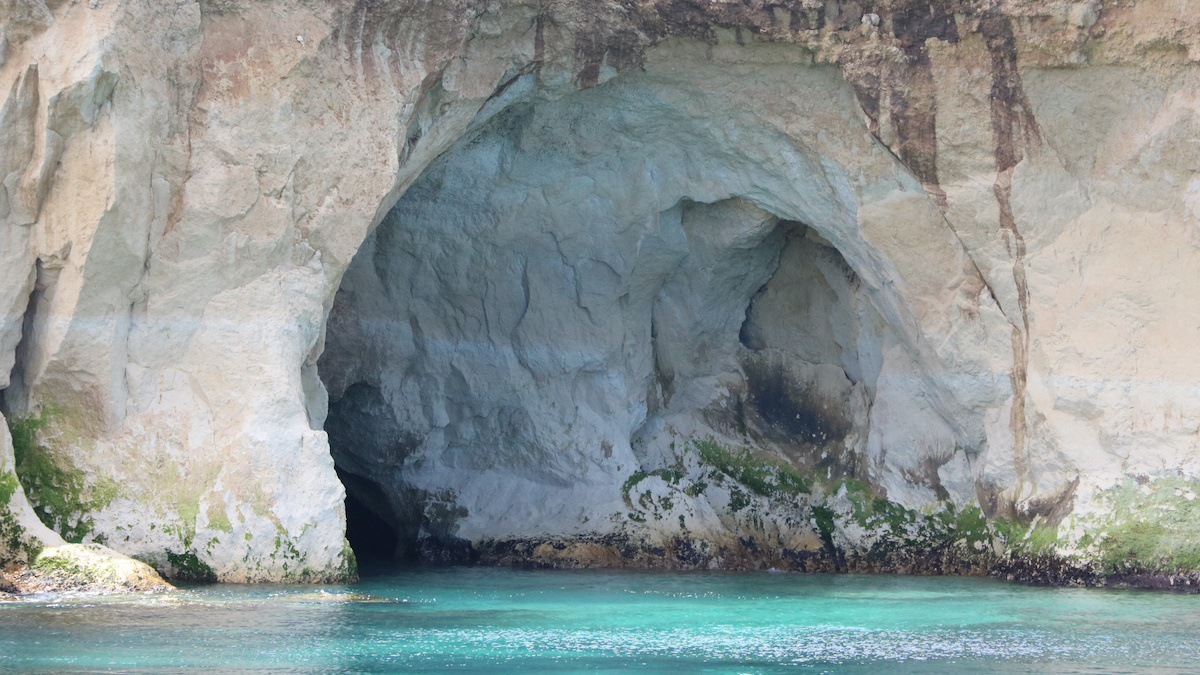
In the grand scheme of ecological disasters, a bag of Cheetos may seem laughably minor. But in the delicate, self-sustaining world of a cave, even the smallest intrusions matter. The next time you visit a protected natural area, remember: nature isn’t designed to accommodate our conveniences. It’s our responsibility to respect and preserve it.
So, was this a minor incident? Perhaps. But as any cave ecologist will tell you, today’s small disturbances can become tomorrow’s environmental catastrophes.
And all because someone couldn’t resist bringing snacks into a cave.
You might have missed many other fascinating pieces of information, follow Maybemiss.com to stay updated on things that may be old but feel incredibly new!




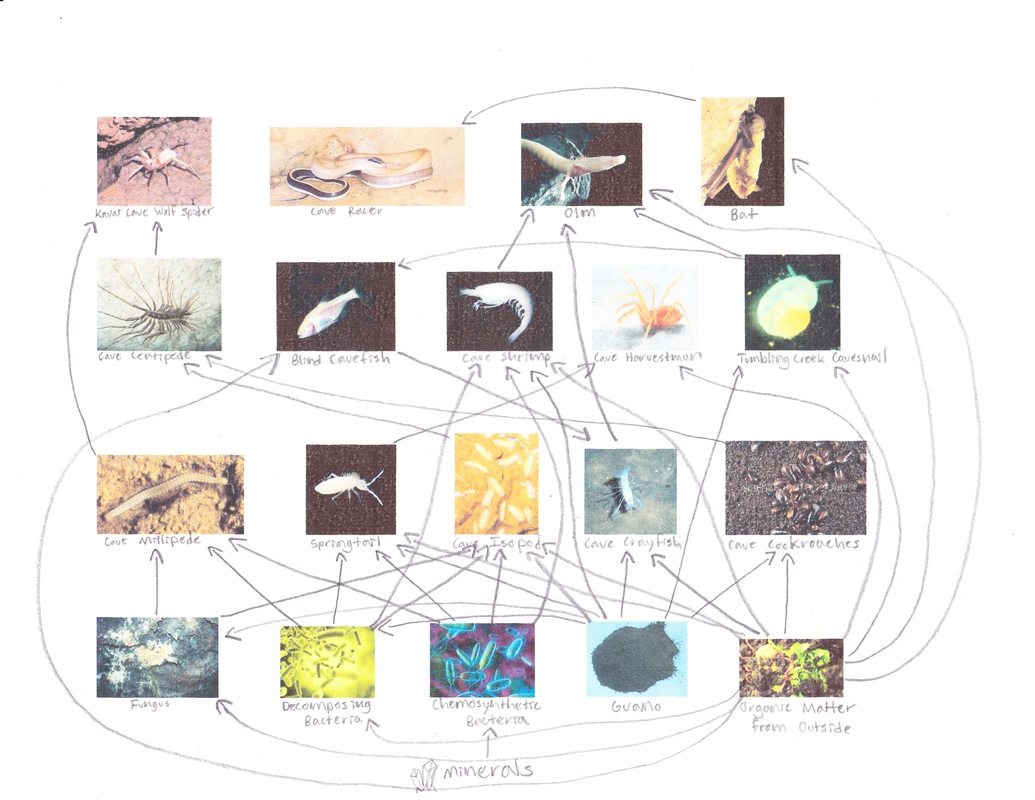
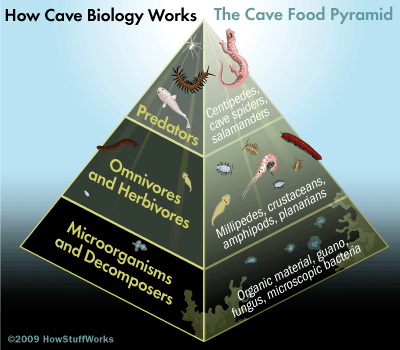
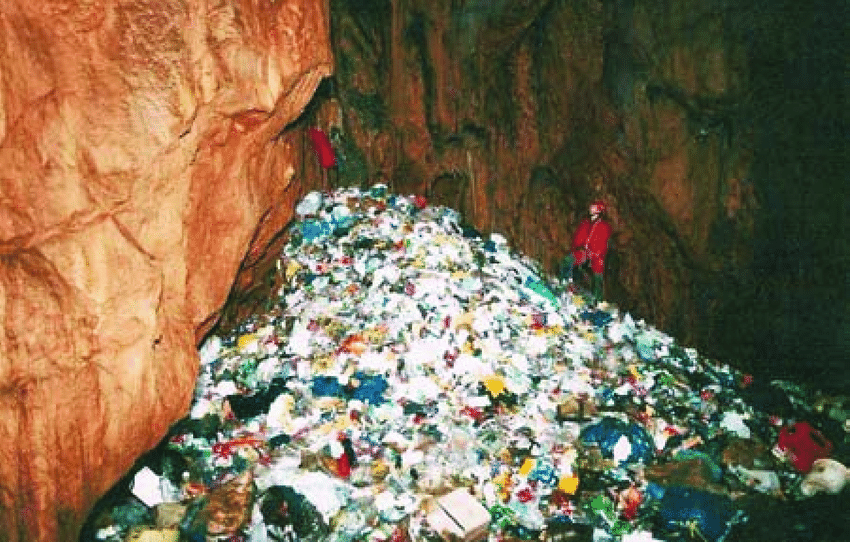














Discussion about this post